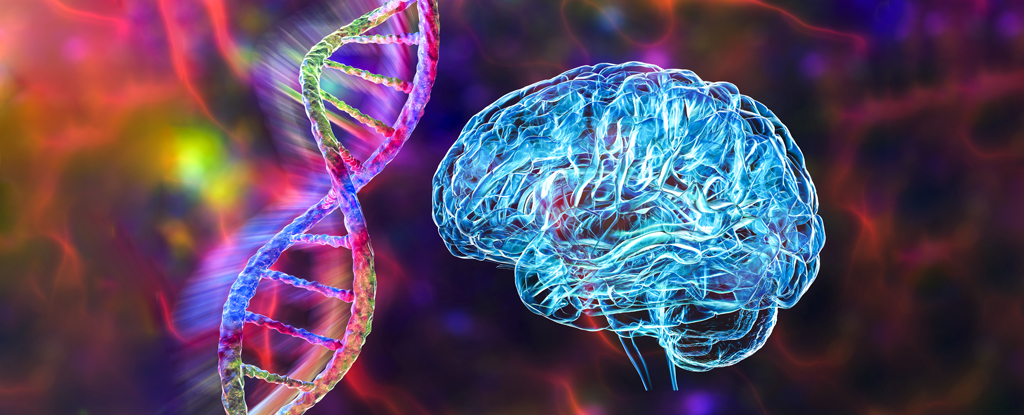While more of us are being diagnosed with ADHD than ever, there’s still so much we don’t understand about the biological mechanisms behind the differences we experience. To begin with, no consistent set of responsible genes has even been identified.
Incredibly, a new study now suggests up to half of inherited ADHD can be explained by single gene variations, instead of clusters of different genes contributing together, as previously suspected.
“Identification of genetic mechanisms specific to ADHD has been challenging,” Harvard psychologist Anne Arnett and colleagues explain in their paper.
ADHD manifests with such a complex set of behavioral differences that the idea that it involves groups of multiple genes not only makes sense, but according to some researchers is a forgone conclusion.
But these multiple gene groups have not been able to explain all of ADHD’s genetic inheritance.
Studies that considered how multiple ADHD-linked genes are passed on have only observed about a 30 percent rate of heritability.
Yet when the behavioral and physical manifestations of ADHD are considered through family lineages, researchers have calculated about an 80 percent rate of heritability. Something doesn’t add up.
So Arnett and colleagues examined the entire genomes of 77 US children with ADHD and their families’ to discover the surprising clue to why this might be the case.
“Our results challenge the prior consensus that ADHD is strictly a [multi-gene] disorder and suggest that single gene variants account for a significant portion of the genomic architecture underlying ADHD,” the team writes.
While this study had a small sample size and focused on children, the ADHD theory it points towards would explain why both multi- and single-gene inheritance could be involved, and solve several other persistent mysteries too.
“We found support for the hypothesis that atypical methylation is associated with ADHD status in that four of the genes with variants in multiple families are involved in methylation pathways,” Arnett and colleagues explain.
DNA methylation is a control system our bodies use to change levels of gene expression in different cells. This epigenetic regulatory system is also a bridge between nature and nurture.
Different environmental factors, be they stress, physical activity, your grandmother’s diet, or pollution can change the methylation states around different genes.
So if the biochemical pathways that lead to methylation are altered, as has also been suggested by previous studies, there’s potentially far-reaching domino effects within our bodies.
This could explain how, despite being only one gene that’s different in some cases, ADHD still influences such a wide range of behavioral traits as well as a surprising range of physical traits as well.
These may include a greater susceptibility to allergies, abnormally flexible joints (hypermobility) and digestive system issues like irritable bowel syndrome.
It would also explain how environmental factors can contribute to the known differences in brain development and/or exacerbate neurodivergent symptoms.
Similar rates of single gene variations have also been observed in autism, which has been associated with atypical methylation too.
It’s long been suspected that both neurodevelopmental conditions have some kind of covert relationship. Up to 70 percent of people who have one have the other too, or they both show up in the same families.
While some of the traits of ADHD and autism are complete opposites, many are shared and create similar challenges.
Autism vs. ADHD Venn diagram 2.0 is here! After some consultation and feedback with others, I’ve made some slight edits (thank you, @drjoelschwartz). I’ve also edited it for visual clarity. You can read the full blog post below. #ADHD #Autism https://t.co/f46YqcSir5 pic.twitter.com/iXJNtg5dXH
— Neurodivergent Insights (@NeuroD_Insights) August 15, 2022
So some researchers have proposed ADHD and autism are different parts of the same continuum.
If the mechanism behind these states of being do involve epigenetic genes, it would explain how such different yet related outcomes can occur.
Many of us eagerly await further studies to better understand ourselves.
This research was published in JAMA Pediatrics.





